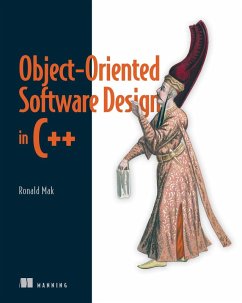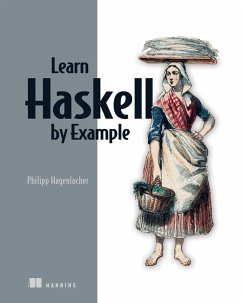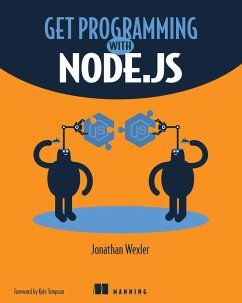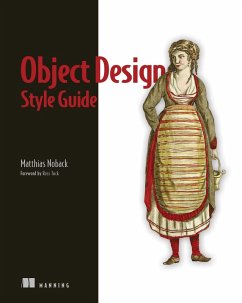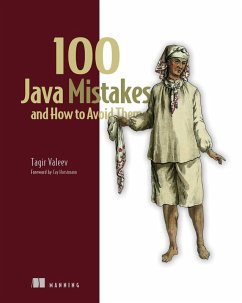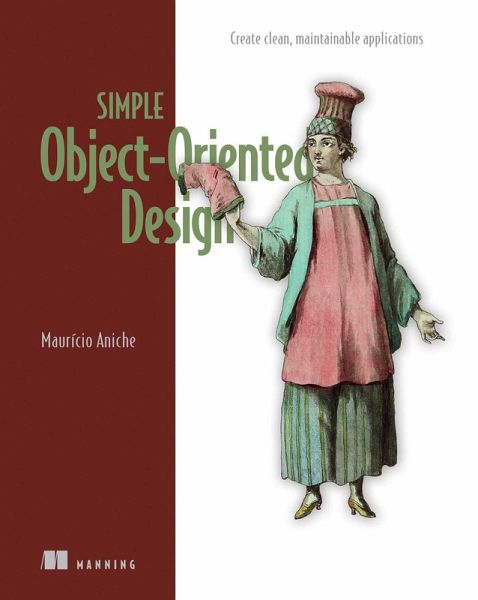
Simple Object-Oriented Design (eBook, ePUB)
Create clean, maintainable applications
Versandkostenfrei!
Sofort per Download lieferbar
43,51 €
inkl. MwSt.
Weitere Ausgaben:

PAYBACK Punkte
0 °P sammeln!
Write object-oriented code that's manageable, maintainable, and future-proof. Keeping your object-oriented designs simple demands a creative approach-and that's exactly what you'll find in Simple Object-Oriented Design. This book is full of patterns and principles for reducing complexity, each one proven in author Mauricio Aniche's 20-year career in software development. You'll learn how to tackle code's natural growth in complexity, and adopt a "good enough" approach that means it's easy to refactor when requirements change. You'll discover insightful principles for: Making code readable and...
Write object-oriented code that's manageable, maintainable, and future-proof. Keeping your object-oriented designs simple demands a creative approach-and that's exactly what you'll find in Simple Object-Oriented Design. This book is full of patterns and principles for reducing complexity, each one proven in author Mauricio Aniche's 20-year career in software development. You'll learn how to tackle code's natural growth in complexity, and adopt a "good enough" approach that means it's easy to refactor when requirements change. You'll discover insightful principles for:
- Making code readable and documented
- Improving consistency and encapsulation
- Managing dependencies
- Designing abstractions
- Handling infrastructure
- Effective modularization
- Writing simple, understandable classes
- Flexible abstractions to extend your designs
- Reducing the impact of coupling
Dieser Download kann aus rechtlichen Gründen nur mit Rechnungsadresse in A, B, BG, CY, CZ, D, DK, EW, E, FIN, F, GR, HR, H, I, LT, L, LR, M, NL, PL, P, R, S, SLO, SK ausgeliefert werden.





